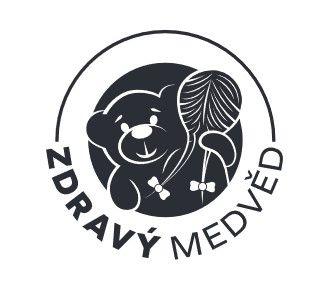Hyaluronic acid
Characteristics: Hyaluronic acid (KH) is a polysaccharide that is widely distributed in body tissues and is found in high concentrations in synovial fluid (joints), vitreous humor (colorless gel-like fluid in the eye) and skin. Because KH has a thick and sticky consistency and retains moisture, it helps the knee joint move smoothly and hydrates the skin. Aging, solar ultraviolet radiation, smoking, and air pollutants reduce the amount of KH in the body. Because of these risk factors, KH supplementation has gained popularity in the healthcare, food, and cosmetic industries.
Synonym: hyaluronan, sodium hyaluronate
Absorption: High molecular KH occurs in the form of a long molecule. When this long molecule breaks down into small fragments, it is referred to as low molecular weight KH. The difference in molecular weight of KH causes different pharmacological effects. High molecular KH reduces inflammation, relieves pain, and can modulate the immune system, so it is used as an intra-articular (into the joint) injection to treat osteoarthritis. In contrast, low-molecular KH can penetrate deeper into the skin, which is why it is more advantageous to apply it to the skin (topically). Hyaluronic acid salt, specifically sodium hyaluronate, is considered low molecular weight found as an ingredient in most skin care products.
Dietary supplements: KH is available in the form of intra-articular injections, intradermal injections, powder, tablets, capsules, soft capsules, eye drops, gels, sprays, creams, solutions, and serums.
Natural sources: KH comes from animals (broth from joints, bones, tendons, skin) and bacteria, but can also be obtained from marine sources such as clams, stingray livers, and the eyeballs of swordfish and sharks.
Effect: KH has been studied for osteoarthritis, aging skin, dry eyes, gastric reflux, and wound healing. It is given in topical, oral, and injectable form - the latter is considered a medical device. Thanks to its ability to retain moisture, KH helps keep the skin soft. Hydrophilic KH groups attract water to hydrate tissues, lubricate joints and fill space. Hydrated tissue is essential in tissue regeneration and remodeling, for example during wound healing.
Deficiency: Hyaluronic acid levels in the skin decrease significantly with age, which can lead to skin dehydration and wrinkles.
Recommended daily dose: Anti-wrinkle 120 mg daily for 12 weeks. A safe dose has been established at 200 mg/day for 12 months.
Adverse effects: It is a body-owned substance with no risk of serious adverse effects.
Interaction: Maybe with blood thinners (Warfarin).
Pregnancy: Safe in usual doses.
Breastfeeding: Safe in usual doses.
Toxicity: KH may come from rooster combs. Caution is advised if you have an allergy to eggs, feathers, or poultry. It is unlikely that KH accumulates in the body in excessive amounts. This is because about 90% is metabolized and excreted.
Hyaluronic acid
Chat with us on WhatsApp



